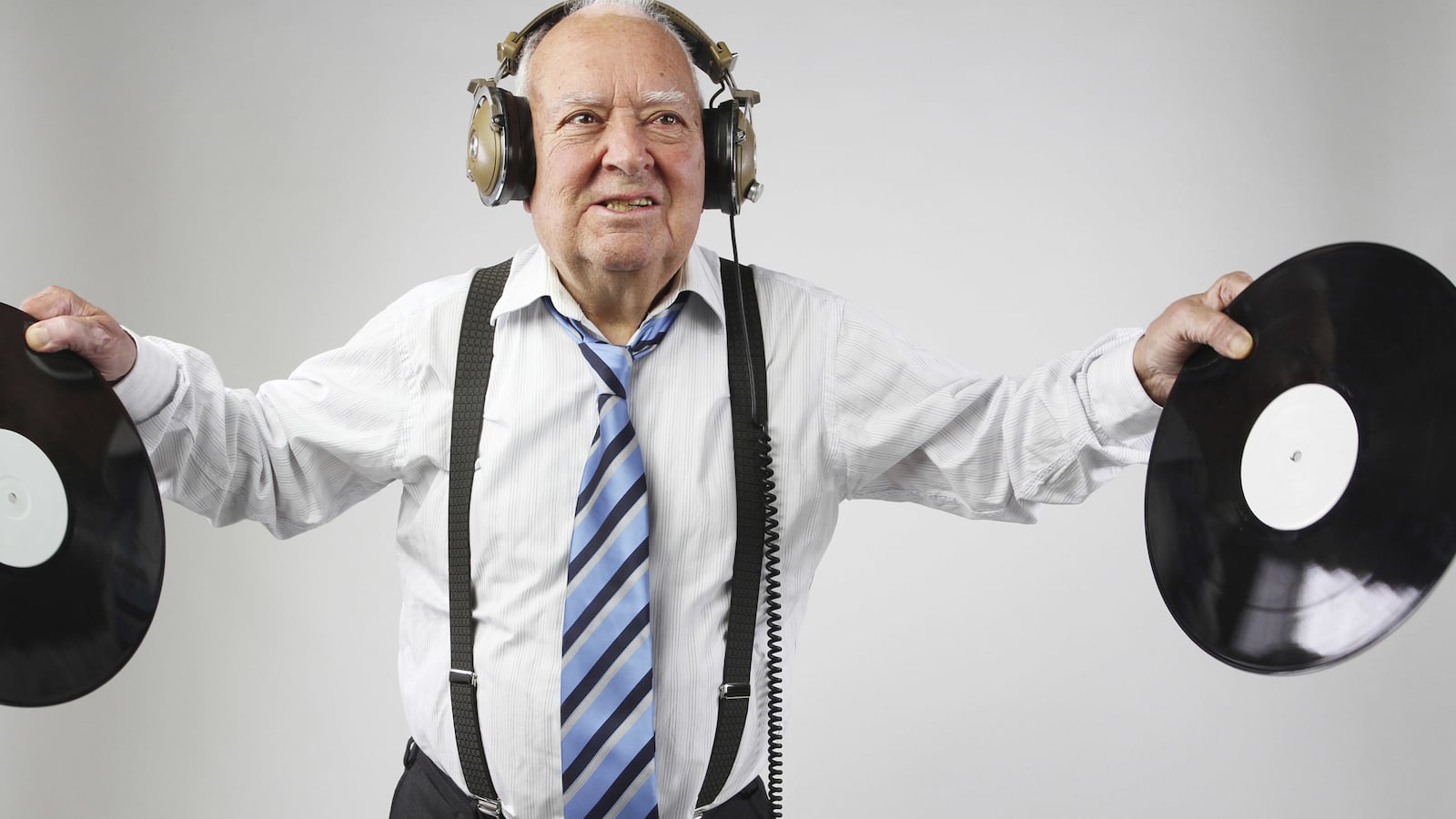As a geriatrician, I spend my time exploring life beyond adulthood. I am often dismayed at the many ways in which we medicalize a natural phenomenon that affects us all—aging. Perhaps there is no better example of this than the way in which we treat our elders living with dementia. In the United States today, some 1.5 million old people have been institutionalized for medical problems. About 80 percent of those have been segregated from the general population because they are living with Alzheimer’s disease or some other form of dementia.
Tucked away from sight, they are often treated with powerful psychotropic drugs. The treatment is not aimed at curing a disease, but at making the patient more malleable and manageable—at the cost of hundreds of millions of dollars annually for drugs that provide limited relief and often cause significant side effects.
Yet there is mounting evidence that non-pharmacological interventions for dementia, including use of dietary supplements, access to companion animals, art therapy, and memory training, provide meaningful benefits without the cost or the dangers.
Foremost among these exciting and promising techniques is the use of personalized music. The concept is elegantly simple: Provide a dementia sufferer with an MP3 player that has been loaded with music tailored to their taste. Let them listen. Ask them about it.
The benefits of this powerful intervention, which has no side effects and little cost, include better memory, improved mood, decreased pain, increased involvement in the world and, most importantly, enhanced well-being.
Anyone with doubts about the efficacy of personalized music can watch the technique graphically demonstrated in Alive Inside, a new documentary from filmmaker Michael Rossato-Bennett. The movie provides a front-row seat as this innovative approach to improving the lives of a fragile, often marginalized population takes hold. Time and again, Rossato-Bennett’s camera captures small miracles, as life re-ignites in the eyes of long-term dementia sufferers when they are exposed to familiar, beloved tunes.
Alive Inside, which won the 2014 Sundance Film Festival Audience Choice Award, provides a testament to the power of reconnecting dementia sufferers with their deepest sense of self. Using the most ordinary of means—a personal music player and a handful of digital music files—people who have not spoken in years begin to sing along with the music of their youth. It’s an extraordinary demonstration of how much a seemingly simple innovation can accomplish.
We have learned that music uses a side door into a part of the mind that is relatively undamaged by dementia. Patients can listen to and even perform music in ways that are undiminished, even after they have forgotten the names of loved ones. We process music with almost every part of our brains and music with personal meaning can promote extremely strong responses. Clinical studies demonstrate that it is possible for personalized music to have a greater effect than medication and that it can even trigger long-term memories.
There is currently no drug on the market that can help a person reconnect with their vital essence the way music will. Yet this extremely effective and inexpensive alternative is not in widespread use in nursing homes, in part because it is not covered by medical insurance.
Until the interventions seen in the movie become common practice, personalized music can still be a powerful tool in the hands of family members. Put the music that your loved one cherishes on an MP3 player. Give them the opportunity to listen with headphones. And then talk about it. Sharing that experience will be in many ways superior to the results from the most advanced medications available today.
And make sure to check out Alive Inside, opening July 18. In my opinion, it is the most inspiring film about dementia out there today. It takes audiences inside the human spirit as a very small change makes an enormous difference. There will be Alive Inside watch parties around the country sponsored by Changing Aging, an organization dedicated to exploring life beyond adulthood (more information at changingaging.com) or go to www.aliveinside.us for a calendar of theatrical showings in cities nationwide. You won’t be sorry. In fact, you just might change a life.






